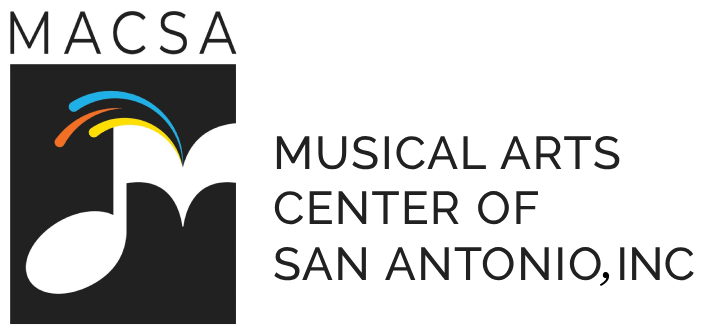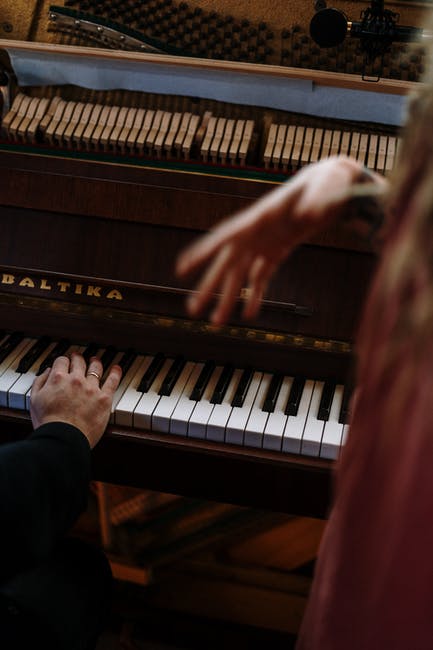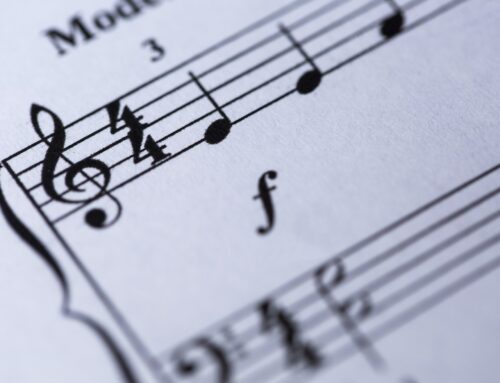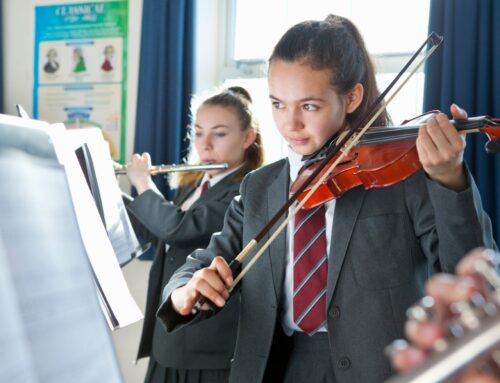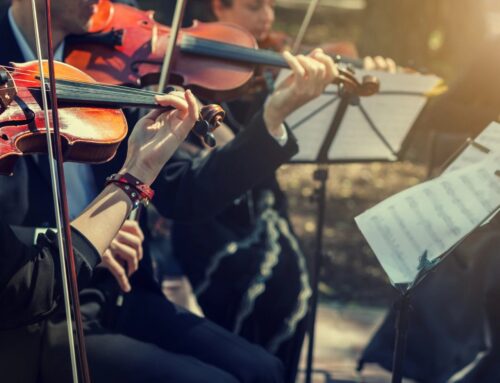Over 50% of households across America have one family member that plays a musical instrument. Enrolling your child, or yourself, in music lessons can be highly beneficial.
In fact, almost three-quarters of the population that know how to play an instrument started before the age of 11. There has been much speculation and research into how music affects children’s development, cognition, and creativity.
Ultimately, there are short-term and lasting benefits of learning an instrument while you are young. These benefits can carry over in social settings, school, and future jobs.
Are you looking at enrolling your child in piano lessons? Then keep reading on and learn more about the benefits that music provides.
1. Builds Confidence
When you teach your kids piano, it may be frustrating for them at first. Or, they might not show much interest in the topic. However, it can lead to higher self-esteem and confidence levels.
If you and your child decide on public performances, such as at school or for religious events, then it can also improve social confidence. Your child will feel more comfortable under pressure and in social contexts.
It also gives your child an opportunity for expression and creativity and may open the doors to other interests.
2. Improves Language Development
Children can start piano lessons as young as two years old. In these critical early stages, children can use music for the development of language.
In fact, studies are starting to look at how music helps speech and language for kids. A study in Beijing split up children around the age of five into three different groups. These groups included:
- Piano lessons three times a week
- Added reading lessons three times a week
- No added intervention
The children participated in this regimen for six months. While all groups improved in cognition, the piano for kids group had some unique differences.
These children could better identify changes in tone and pitch when communicating with others or listening to music. They could also distinguish consonant-based sounds better.
The results in the piano lessons group were even greater than those who did the same amount of added reading.
3. Long Term Benefits
The benefits of piano lessons last far longer than just the beginning stages of development. A study was conducted in 2015 that looked more at the long-term benefits music lessons provided.
They found that the greatest effect was in students who started music lessons before 14 years old and remained diligent in them for at least 10 years. In this group, there was less impairment in speech and listening skills when they were older compared to other groups.
4. Improved Memory
Along with speech and language development, memory seems to also play a role in music lessons. Another study looked at music and spoken word for verbal memory recall in 9 to 11-year-olds.
While the children did not play an instrument, some students were instructed to listen to music. The other group only participated in spoken word activities. Those who were in the music group tested better with verbal memory recall than their counterparts.
These findings suggest that music has a powerful connection to children’s memory.
5. Social Development
Are you looking to find music lessons in a group setting? Piano lessons are extremely helpful in developing kids from a social aspect. Some lessons are performed in groups where children have an opportunity to form connections and work together.
It can also teach children to problem-solve with others and develop leadership skills. If children are interested in joining music classes at school, this will only help further their social development.
6. Hard Work and Discipline
Kids can sometimes be difficult to reign in. With so much energy, it may seem like a waste of time to get them on the piano bench.
However, sitting down to music lessons is actually a great way for children to learn discipline. You can’t learn a piece of music in a day. When you first start playing the piano, a lot of the time is spent learning keys and rhythm.
Your child has to exhibit patience throughout this process. There is often delayed gratification when working with the piano which teaches children the value of hard work. Many of the skill sets learned from playing the piano can carry over into academics.
Piano lessons also help parents set schedules with their kids. They may only be allotted time to spend with video games or other hobbies once they have finished practicing the piano. This creates daily goals and structure for children and gives them a foundation to build on when they are older.
7. Math and Music?
You probably wouldn’t have thought that math and music go hand in hand. However, piano lessons actually incorporate a lot of mathematics. For instance, children learn how to count out beats and read scales.
If the tempo feels off, then the beat may be wrong and children will begin to notice it. Harmonies and singing also work together with mathematics in creating that perfect pitch. So, the next time you are helping your children with math problems, maybe set up some time on the piano as well.
Music Lessons
Hopefully, you have felt more prompted in searching out, ‘music lessons near me.’ Luckily, you don’t have to search too far.
Contact us today and get your child set up with music lessons. Keep in mind – it is never too late to start learning the piano or other musical instruments. Music training has the power to improve neuroplasticity and cognition.
Sign up your child, or yourself, today and see the value that piano lessons can have in your home.
